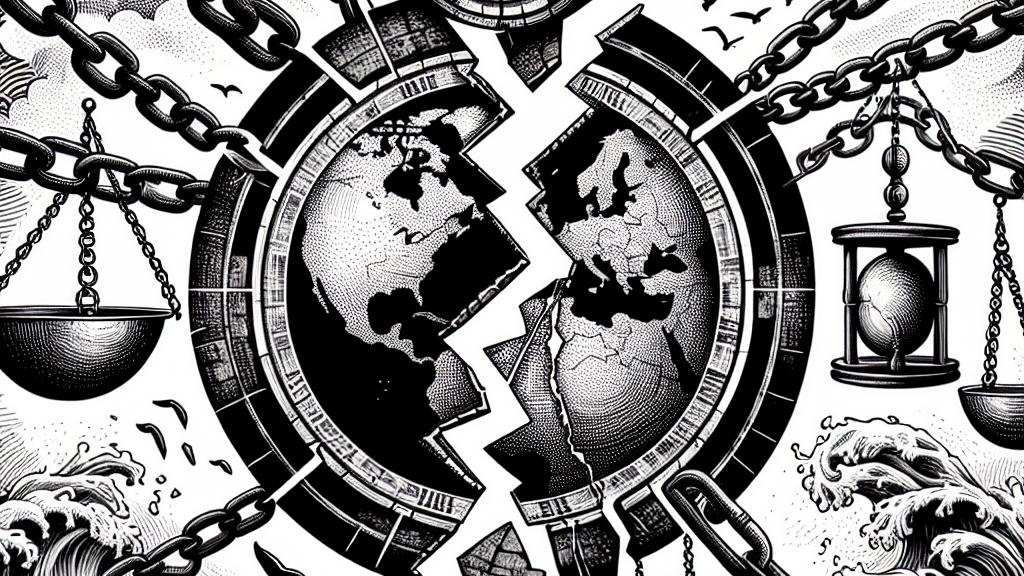Bolton's Stark Warning on Trump's Isolationism
Overview
- John Bolton raises alarms about the potential rise of isolationism if Trump resumes power.
- He highlights the risks associated with Trump's unpredictable style amidst growing global tensions.
- Historical lessons underscore the dangers of isolationism, emphasizing the urgent need for active foreign engagement.

America's Historical Struggle with Isolationism
Isolationism is not a new concept for the United States; its roots penetrate deeply into the nation’s founding principles. John Bolton, former National Security Advisor, paints a vivid and concerning picture: if Trump secures a second term, we may witness an alarming shift toward isolationist policies. This potential regression, Bolton argues, could far exceed what we saw during Trump's first term. He stresses that Trump’s naive belief—that establishing personal ties with foreign leaders will ensure productive relationships—fails to grasp the complexities of international diplomacy. As a consequence, this misguided view might lead to severed connections with crucial allies, jeopardizing the United States' standing in the global arena, and unraveling years of diplomatic efforts.
Unpredictability as a National Security Risk
Delving deeper, Bolton elucidates how Trump’s erratic leadership style can escalate already heightened geopolitical tensions. He warns that a second Trump administration might be filled with fervent loyalists, individuals who prioritize personal allegiance over seasoned experience. Rather alarming is the possibility that these advisors may support rash isolationist decisions, such as considering a withdrawal from NATO or disregarding strategic alliances with key partners. Such moves could empower adversaries like Russia and China, ultimately creating a power vacuum detrimental to global stability. As Bolton passionately illustrates, retreating from international commitments is not merely an issue of national policy; it risks emboldening hostile nations and heralding instability not only for America but for the world at large.
Learning from the Failures of the Past
History reverberates with vital lessons about the downsides of isolationism, and Bolton fervently insists that America must learn from these past mistakes. Following World War I, instead of engaging with the international community, the U.S. opted for retreat, which inadvertently paved the way for the rise of totalitarian regimes by neglecting the swell of fascism. During the interwar years, isolationist sentiments fostered missed opportunities for timely intervention, ultimately contributing to the outbreak of World War II. Bolton emphasizes that understanding these historical precedents is essential; without a commitment to proactive diplomacy, the nation risks repeating the disasters of yesterday. Therefore, he advocates for a renewed dedication to cultivating international relationships, proclaiming that such engagement is critical to safeguarding American interests while also preserving the fragile structure of global order and peace.

Loading...